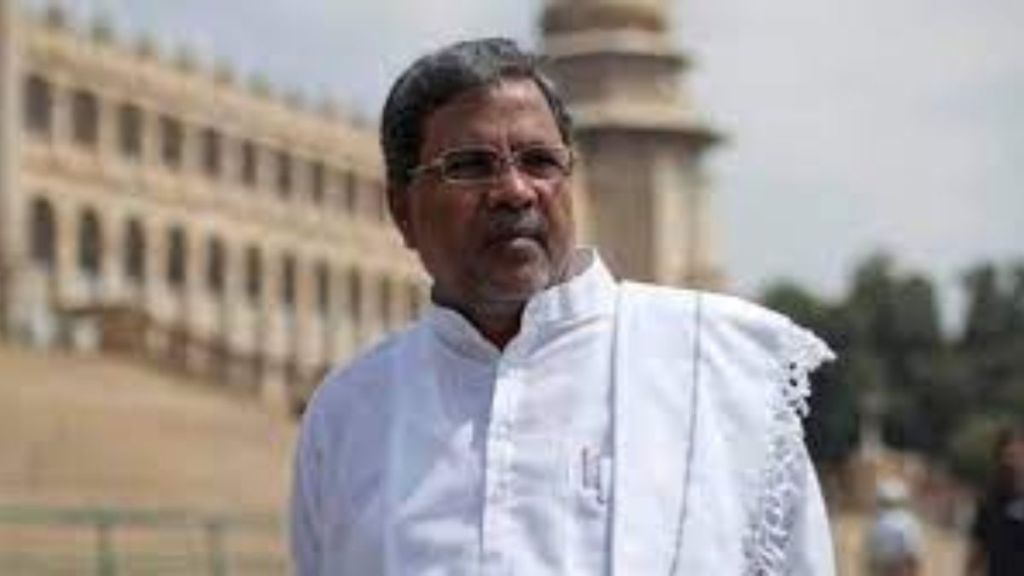Struggling to procure rice from the Centre and other states to fulfill its poll guarantee in the state, the Siddaramaiah-led Karnataka government has decided to pay cash to beneficiaries at the rate of Rs 34 per kg, for the additional 5 kg promised to the Below Poverty Line families.
The Anna Bhagya scheme is one of the the five pre-poll guarantees of the Congress and entails entitlement of an additional 5kg rice a month along with the 5 kg given by the Centre for free.
Also Read: ‘Siddaramaiah was scared’: DK Shivakumar’s remark on Karnataka CM sparks row
The scheme hit a roadblock after the Food Corporation of India (FCI) on June 13 discontinued sale of rice and wheat to states following the Union Consumer Affairs, Food and Public Distribution Ministry’s directions.
“Since the date for launching Anna Bhagya has arrived (July 1) and we had given word, today in the cabinet Chief Minister Siddaramaiah, Deputy Chief Minister D K Shivakumar and other ministers arrived at a decision that till the time the rice is supplied, we will give money at the rate of Rs 34 per kg, which is the FCI rate, to the (BPL) ration card holders,” Karnataka Food and Civil Supplies Minister K H Muniyappa said on Wednesday.
Also Read: Siddaramaiah vs Shivakumar again? Congress rift resurfaces over Karnataka power-sharing
Under the scheme, every ration card holder in an eligible family will receive Rs. 170 a month in his/her bank account against the additional 5 kg rice, the minister added.
On June 14, Siddaramiah criticised the Narendra Modi government for stopping the FCI from selling the rice to the state under open market sale scheme.
According to the CM, the FCI had earlier agreed to supply rice at Rs 36.6 per kg, which included a transportation cost of Rs 2.60 per kg.
Amidst the controversy, the FCI issued a statement that the decision was a “part of the market intervention program of the government of India, to control the inflationary trends and to rein in the rising price of wheat and rice… In order to ensure that the inflationary trends are kept under control while ensuring adequate stock levels in the Central pool it has been decided to exclude State Govts’ scheme from the ambit of OMSS(D), this time.”


